Science is organized knowledge. Wisdom is organized life
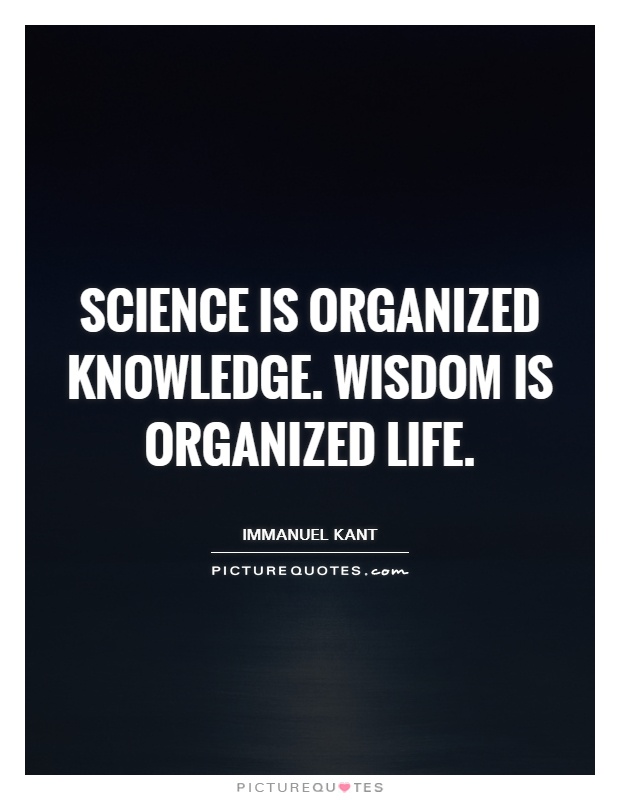
Science is organized knowledge. Wisdom is organized life
Immanuel Kant, a renowned German philosopher, is often associated with the quote, "Science is organized knowledge. Wisdom is organized life." This quote encapsulates Kant's belief in the importance of both empirical knowledge and practical wisdom in guiding human behavior and understanding the world.Kant was a firm believer in the power of reason and rationality in shaping human thought and action. He argued that science, or organized knowledge, was essential for understanding the natural world and uncovering the laws that govern it. Through the systematic study of phenomena and the application of reason, humans could gain a deeper understanding of the world around them and make informed decisions based on empirical evidence.
However, Kant also recognized the limitations of science in providing a complete understanding of human existence. He believed that wisdom, or organized life, was equally important in guiding human behavior and moral decision-making. Wisdom, according to Kant, was the ability to apply moral principles and values to one's actions and to live a virtuous and fulfilling life.
For Kant, wisdom was not just about acquiring knowledge, but about living in accordance with moral principles and ethical values. It involved making choices that were guided by reason and a sense of duty, rather than by personal desires or emotions. Wisdom, in Kant's view, was the key to living a meaningful and fulfilling life, and it required self-reflection, self-discipline, and a commitment to moral principles.
In this sense, Kant believed that science and wisdom were complementary aspects of human knowledge and understanding. While science provided the tools for understanding the natural world, wisdom guided human behavior and moral decision-making. Together, science and wisdom could help humans navigate the complexities of life and make choices that were both rational and ethical.
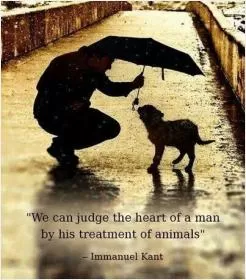

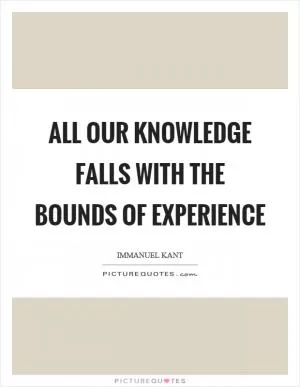


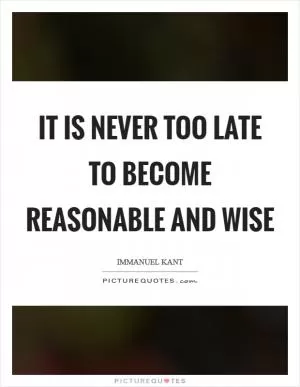
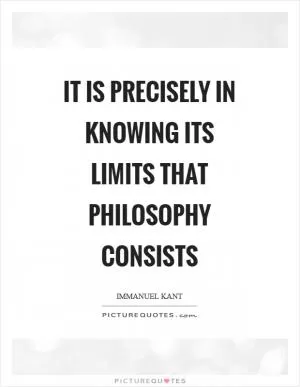
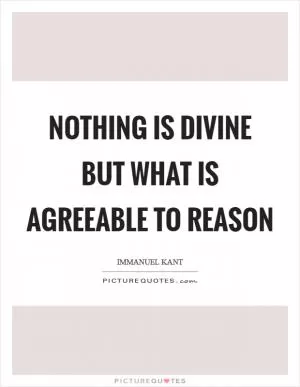
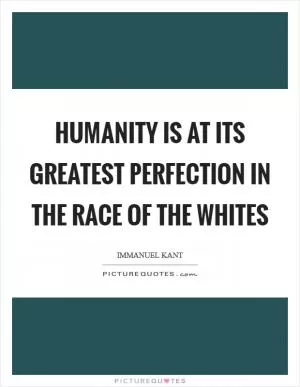
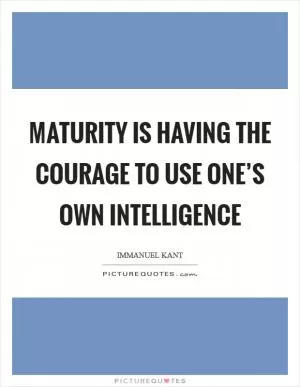
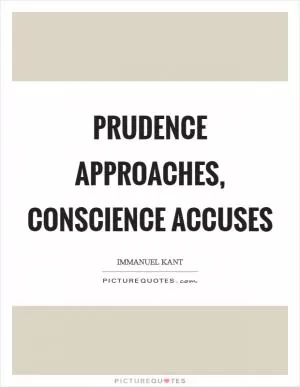

 Friendship Quotes
Friendship Quotes Love Quotes
Love Quotes Life Quotes
Life Quotes Funny Quotes
Funny Quotes Motivational Quotes
Motivational Quotes Inspirational Quotes
Inspirational Quotes